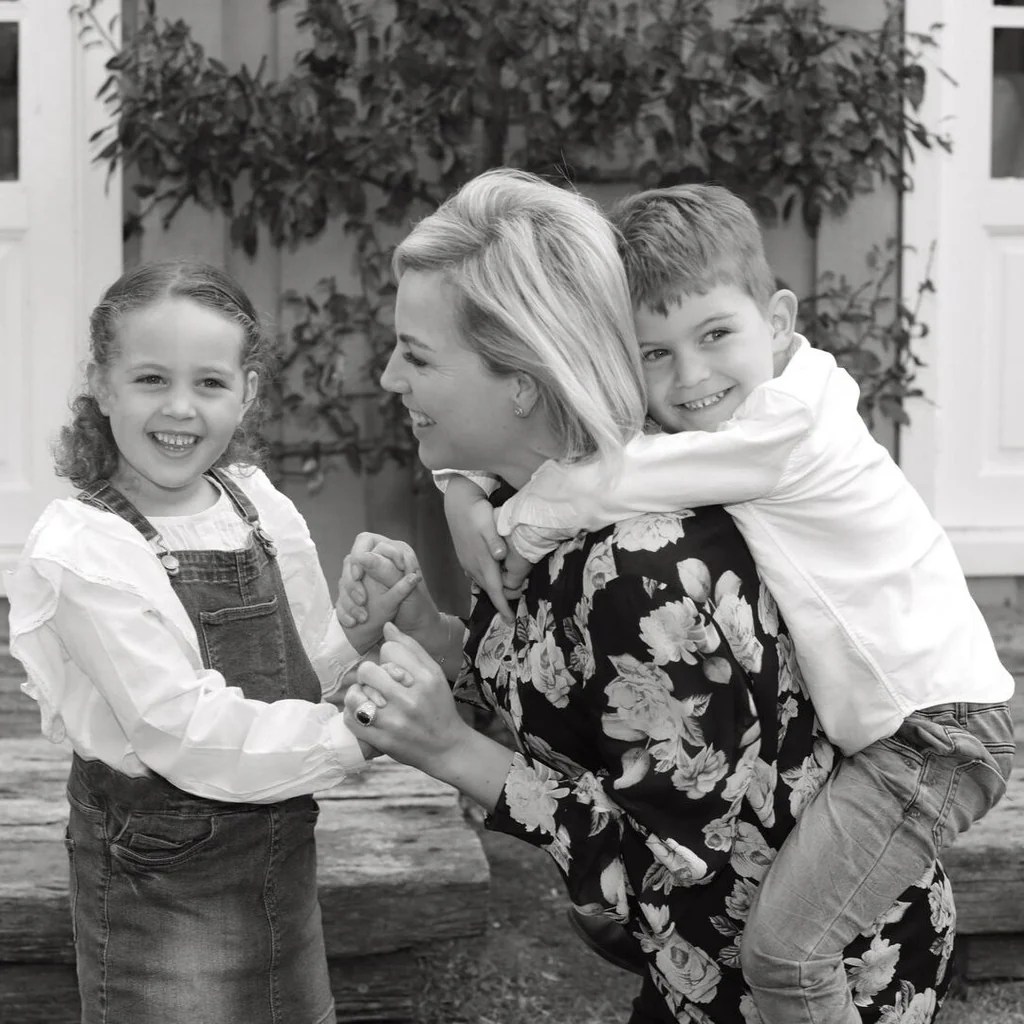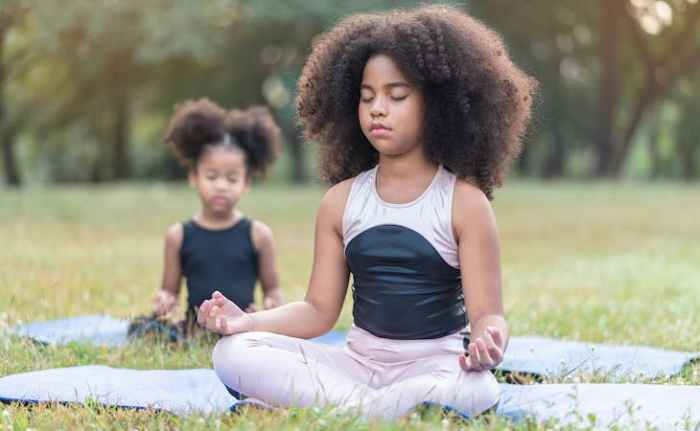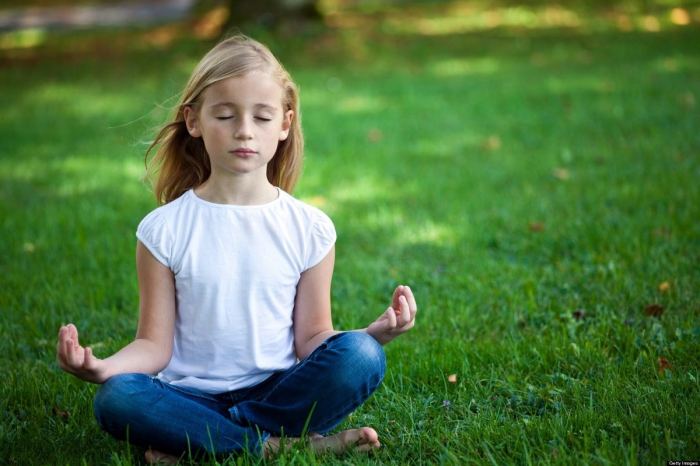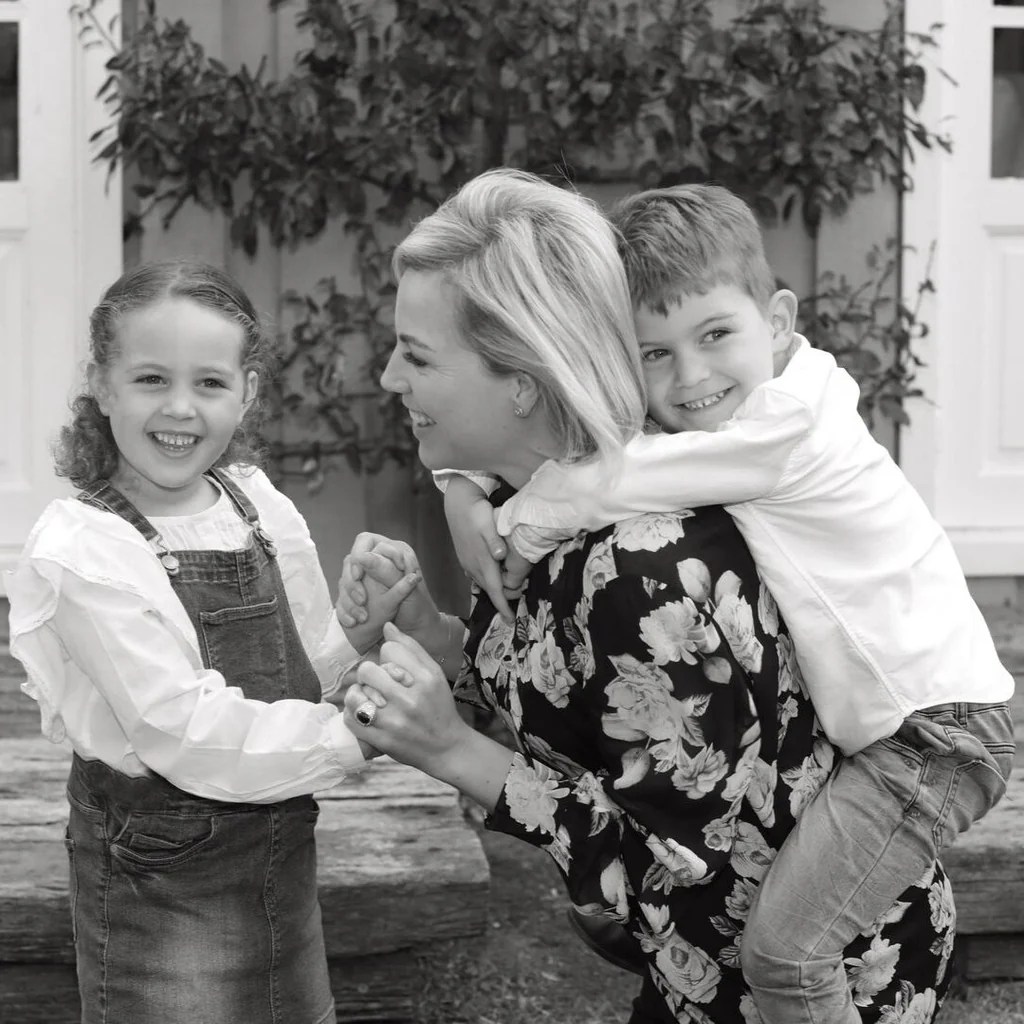7 Quick Little Children’s Meditation Tips to Improve Focus introduces essential techniques to enhance children’s focus through meditation, offering practical advice and insights to help young minds thrive.
Explore the world of children’s meditation and discover how these tips can make a significant impact on their concentration and overall well-being.
Introduction to Children’s Meditation

Children’s meditation is a practice that involves teaching kids mindfulness and relaxation techniques to help them improve focus, reduce stress, and enhance overall well-being. It is essential to introduce meditation to children at a young age as it can have numerous benefits on their mental, emotional, and physical health.
Benefits of Children’s Meditation
- Improves Focus: Meditation has been shown to enhance attention span and concentration in children, helping them stay more focused in school and other activities.
- Reduces Stress: By teaching kids how to calm their minds and bodies, meditation can help alleviate stress and anxiety, promoting a sense of inner peace and emotional resilience.
- Boosts Emotional Regulation: Children who practice meditation are better equipped to manage their emotions, leading to improved self-control and conflict resolution skills.
- Enhances Cognitive Abilities: Studies have indicated that regular meditation can enhance cognitive functions such as memory, creativity, and problem-solving skills in children.
Positive Effects of Meditation on Focus in Children
Research has shown that children who practice meditation exhibit improved attention, memory, and academic performance compared to their peers who do not engage in mindfulness practices.
Start your mornings off right with these 5 Quick Little Children’s Meditation Methods that will bring peace and calm to the start of your day.
A study published in the Journal of Child and Family Studies found that mindfulness meditation can enhance children’s cognitive control and reduce symptoms of attention-deficit/hyperactivity disorder (ADHD).
Age-Appropriate Meditation Techniques
Children can benefit greatly from practicing meditation as it helps them calm their minds, reduce stress, and improve focus. Here are 7 quick meditation tips suitable for children to enhance their concentration:
1. Deep Breathing
Teach children to take deep breaths in through their nose and out through their mouth. Encourage them to focus on the sensation of breathing and how it fills their body with fresh air.
2. Mindful Listening
Guide children to sit quietly and listen to the sounds around them without judgment. This technique helps improve their listening skills and concentration.
Want to teach your kids how to be more mindful? Try these 25 Mindful Little Children’s Meditation Exercises that promote inner peace and emotional well-being.
3. Body Scan
Have children close their eyes and scan their bodies from head to toe, focusing on each body part and releasing any tension they may feel.
4. Visualization
Encourage children to imagine a peaceful place or situation in their minds. This visualization technique can help them relax and improve their ability to focus.
5. Gratitude Practice
Ask children to think about something they are grateful for each day. This practice can shift their focus to positive emotions and enhance their overall well-being.
6. Loving-Kindness Meditation
Guide children to send positive thoughts and wishes to themselves, their loved ones, and even to people they may have conflicts with. This practice promotes empathy and compassion.
7. Movement Meditation
Encourage children to engage in mindful movement activities like yoga or tai chi. These practices combine physical movement with meditation techniques to help improve focus and concentration.
Creating a Relaxing Environment

Creating a peaceful and comfortable space for children to meditate is crucial for enhancing their focus and relaxation. By setting up a conducive environment, children can better engage in their meditation practice and experience its benefits more effectively.
Struggling with keeping your child focused? These 8 Essential Little Children’s Meditation Practices will help improve concentration and attention span.
Tips for Setting Up a Conducive Environment
- Choose a quiet and clutter-free area: Select a space that is free from distractions and has minimal noise to help children focus better during meditation.
- Create a cozy spot: Place comfortable cushions or mats for children to sit on, encouraging relaxation and proper posture during meditation.
- Adjust lighting and ambiance: Soft, natural lighting or dimmed lights can create a calming atmosphere, promoting a sense of tranquility and focus.
- Add calming decor: Incorporate elements like plants, soothing colors, or nature-inspired decorations to enhance the peaceful ambiance of the meditation space.
- Use calming scents: Consider using essential oils or candles with relaxing scents like lavender or chamomile to create a sensory experience that aids in relaxation.
- Encourage personalization: Allow children to add their personal touch to the space with items that bring them joy or comfort, fostering a sense of ownership and connection to the practice.
Incorporating Mindfulness Activities

When it comes to enhancing focus through meditation, incorporating mindfulness activities plays a crucial role in helping children develop a deeper sense of awareness and attention.
Suggestions for Mindfulness Activities
- Start the day with a mindful breathing exercise to help children center themselves and prepare for the day ahead.
- Encourage mindful eating by having children pay attention to the taste, texture, and sensation of each bite they take.
- Integrate mindful walking by going for a nature walk and asking children to notice the sights, sounds, and smells around them.
- Incorporate mindful coloring sessions where children focus on the colors and patterns they are creating without any distractions.
Benefits of Mindfulness Integration
- Enhances focus and attention span in children.
- Helps reduce stress and anxiety by promoting a sense of calm and relaxation.
- Improves emotional regulation and self-awareness in children.
- Fosters a greater sense of empathy and compassion towards others.
Encouraging Regular Practice

Practicing meditation regularly is crucial for children to experience the full benefits of this practice. Consistency helps in building focus, reducing stress, and promoting emotional well-being. Here are some strategies to motivate children to make meditation a regular habit:
Setting Achievable Goals
Setting achievable goals is essential to keep children motivated in their meditation practice. Start with short sessions of just a few minutes and gradually increase the duration as they become more comfortable with the practice. Encourage them to track their progress and celebrate small milestones along the way.
Busy parents, we hear you! Here are 12 Easy Little Children’s Meditation Tips to incorporate mindfulness into your daily routine without adding extra stress.
Creating a Reward System
Introducing a reward system can make meditation more engaging for children. Offer small rewards such as stickers, extra playtime, or choosing a fun activity after completing a meditation session. This positive reinforcement can help them stay motivated and committed to their practice.
Incorporating Meditation into Daily Routine
Make meditation a part of your child’s daily routine to establish it as a habit. Encourage them to meditate at the same time each day, such as before bedtime or after school. By integrating meditation into their schedule, it becomes a natural and regular practice for them.
Looking for ways to help your kids relax and unwind? Check out these 25 Little Children’s Meditation Games that are perfect for promoting peace and tranquility.
Addressing Challenges and Concerns: 7 Quick Little Children’s Meditation Tips To Improve Focus

Children may face various challenges when trying to meditate and stay focused. Common issues include restlessness, lack of patience, difficulty quieting the mind, and resistance to meditation practice. It is essential to address these challenges to help children reap the benefits of meditation and develop focus and mindfulness skills.
Dealing with Restlessness and Lack of Patience
- Encourage children to start with short meditation sessions and gradually increase the duration as they become more comfortable.
- Introduce movement-based mindfulness activities like yoga or walking meditations to help restless children channel their energy.
- Use guided meditations or visualizations to engage children and keep them focused during the practice.
Quieting the Mind and Handling Distractions, 7 Quick Little Children’s Meditation Tips to Improve Focus
- Teach children simple breathing exercises to help calm the mind and stay present during meditation.
- Encourage them to acknowledge distractions without judgment and gently guide their focus back to the breath or a chosen anchor point.
- Create a dedicated meditation space free from distractions to help children stay focused during their practice.
Addressing Resistance Towards Meditation
- Explain the benefits of meditation in simple terms and how it can help children manage stress, improve focus, and enhance overall well-being.
- Lead by example and practice meditation together with children to show them that it can be a fun and rewarding experience.
- Offer choices and flexibility in meditation practices to cater to children’s preferences and make the practice more engaging for them.
Involving Parents and Educators
Parents and educators play a crucial role in supporting children’s meditation practices. By modeling mindfulness and creating a conducive environment for meditation, adults can help children develop focus, emotional regulation, and overall well-being. Open communication and collaboration between home and school are essential for reinforcing meditation habits and ensuring consistency in practice.
Tips for Adults to Support Children’s Meditation
- Lead by Example: Practice mindfulness and meditation yourself to show children the importance and benefits of these practices.
- Integrate Meditation into Daily Routine: Encourage children to meditate at a specific time each day, such as before bedtime or after school.
- Provide Guidance and Support: Offer gentle reminders and guidance on meditation techniques to help children stay focused.
- Create a Calm Environment: Set up a quiet and comfortable space for meditation, free from distractions and noise.
Promoting Collaboration Between Home and School
- Share Resources: Parents and educators can exchange information on meditation techniques and resources to support children’s practice.
- Coordinate Efforts: Establish a consistent approach to meditation between home and school to reinforce the habit effectively.
- Encourage Feedback: Parents and educators should communicate openly about children’s progress and any challenges faced during meditation practice.
- Celebrate Success: Acknowledge and celebrate milestones in children’s meditation practice to motivate continued participation.
In conclusion, implementing these 7 quick meditation tips can revolutionize how children approach focus and mindfulness, setting a solid foundation for their mental and emotional growth.




